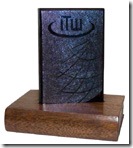by Michelle Gagnon
Congrats to Ann Littlewood, commenter extraordinaire and winner of our $50 gas card prize! And now, on to today’s controversial subject…
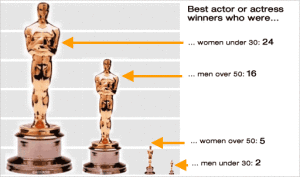
PBO Award, we hardly knew ye…
There’s been an interesting debate recently regarding changes to next year’s Thriller Awards.
Basically, here’s the scoop: the ITW (International Thriller Writers) organization has eliminated the Paperback Original (PBO) category. Now everyone (aside from debut authors) will pit their books against each other for the Best Novel award.
I’m actually surprised there wasn’t more of an outcry. PBO is a treasured category, in that it gives writers who aren’t necessarily guaranteed a spot on the bestsellers’ lists an opportunity for some recognition.
Writers and reviewers weighed in on both sides. Some claimed this was a fantastic decision, that a “Best Novel” category where only hardcovers are eligible makes the “Best PBO” look like a red-headed stepchild. It should be the content that matters, not the format, the argument goes. Which is a valid point, and one I always wondered about: why isn’t it simply, “Best Hardcover,” since nearly every other awards category is defined by format?
And many who chimed in said they trusted their fellow writers to treat the binding on submissions with a blind eye.
But just to play devil’s advocate, here are some things to consider:
- Bias
Allison Brennan made an interesting analogy based on her previous work in the legislature. I’m paraphrasing, but basically she said that when you wanted to talk to voters about the economy, you used a man as your spokesman; if you were discussing education, a woman. Because even when people think they’re completely fair-minded, there are inevitably some biases lurking in our subconscious.
legislature. I’m paraphrasing, but basically she said that when you wanted to talk to voters about the economy, you used a man as your spokesman; if you were discussing education, a woman. Because even when people think they’re completely fair-minded, there are inevitably some biases lurking in our subconscious.
There’s a chance that authors might prove to be more, not less, biased when it comes to formatting. After all, we understand how the publishing industry works. Sure, we acknowledge that there’s an arbitrary element to what kind of cover ends up on a book, and some publishers tend to favor one format over another. But given a choice, most authors would probably opt for a hardcover deal. It’s easier to get reviews, and collectors value them more highly. Also, since the production costs are higher, there’s a chance the publisher might throw some marketing money behind the book. These are all things someone who’s spent some time in the publishing trenches knows.
The average layperson, on the other hand, has no idea what the different formats mean, they just know that certain books are more expensive. But while they wouldn’t necessarily assume that a hardcover is superior to a paperback, an author just might. Even if they don’t think they’re biased.
- History
I a sked during the discussion if anyone could remember the last time a paperback has been nominated for a Best First Edgar (since that category traditionally pits hardcovers against paperbacks, it’s a good reference point). I was curious, having submitted my debut thriller for consideration despite the fact that in recent memory I couldn’t recall a PBO garnering a nomination (if you know of one, drop me a line). Thanks to a bout of insomnia, I ended up going through the winners of Best First Novel Edgars (and believe me, I have discovered the cure for sleeplessness—this exercise could put Ambien out of business for good).
sked during the discussion if anyone could remember the last time a paperback has been nominated for a Best First Edgar (since that category traditionally pits hardcovers against paperbacks, it’s a good reference point). I was curious, having submitted my debut thriller for consideration despite the fact that in recent memory I couldn’t recall a PBO garnering a nomination (if you know of one, drop me a line). Thanks to a bout of insomnia, I ended up going through the winners of Best First Novel Edgars (and believe me, I have discovered the cure for sleeplessness—this exercise could put Ambien out of business for good).
I got all the way back to 1971 before finally drifting off. For at least the past 37 years, no paperback has ever won an Edgar for Best First Novel. Next time I can’t sleep I’ll trudge through every nominee in that category, but I suspect the story will be the same. We all want to believe our books are being judged on a level playing field. But if that’s the case, then is it really true that for the past thirty-seven years, a hardcover was always superior to every paperback submitted?
- Why awards matter
When I’m writing a book, the last thing on my mind is whether or not it’ll end up being nominated for an award. I doubt any author is envisioning that as they tap away at their keyboards (although I have been known on occasion to accept imaginary Grammy awards in the shower. But you should hear my singing voice in there, it’s pure Mariah Carey.)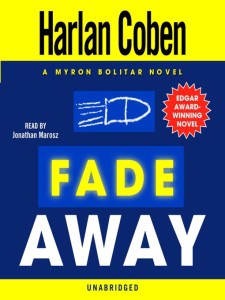
But we can’t pretend that awards don’t matter. Even my local bookstore (which has on occasion been downright hostile to genre fiction) mounts an Edgar display every spring. Harlan Coben has credited his 1997 Best PBO Edgar Award with keeping his career afloat, in that it persuaded his publisher to stick with him in the face of declining sales.
And again, I believe that a layperson couldn’t tell you the difference between an Edgar and a Barry if their life depended on it. But if they see, “____ Award Winning Novel” on the cover, they’re more likely to select that book over another one. Hey, it won an award, it must be a good read. So eliminating a category reduces the chance that five other books might garner some attention. IMHO, that is not a good thing.
- Apples and Oranges
There is inevitably some randomness to award distribution. Books on the whole are subjective little beasties, after all. And depending on the composition of the judging committee, some years noir may be favored over cozies, or vice versa. And really, how do you compare the two? Does the best romantic suspense novel trump the best paranormal? How do you weigh books written in only loosely related genres against each other? There are great books produced every year, across the board, in all formats. Yet it does seem that the more “serious” books (which tend to be hardcovers) have an edge. This is precisely why the Golden Globes feature separate categories for comedy and drama; it gives the comedies a shot, when traditionally they’re overlooked.
The RWA’s RITA Awards acknowledge this issue by having separate categories for Historical Romance, Paranormal Romance, and Romantic Suspense, among other subgenres. And these awards are generally acknowledged to be the romance publishing industry’s highest distinction.
- Multiple categories dilute the significance (or “Brand,” if you will) of the award
This claim I really don’t agree with. If anything, changing which books are eligible for an award on an annual basis would seem to threaten its legitimacy far more than keeping or adding categories (not to mention being incredibly confusing for authors and publishers). For example, last year my debut thriller was not eligible in the Best First category since it was a mass market paperback. The year before (2006) it would have been in the running, and it would again this year (2008). But in 2007 it was thrown into the mix with every other paperback author, regardless of whether they were on book one or twenty. Random? Absolutely. I’m glad they reverted to a true “Best First” category, with every debut eligible regardless of format. You only get one first novel, after all.
- “The Thrillies”
Personally, I’m all for having your more serious “Thriller Awards,” with gravitas, pomp, and circumstance. But after handing those out, why not have a little fun? Present an alternate set of awards and call them the “Thrillies.” Give a “Best Psycho” trophy (a knife, perhaps?) for the most terrifying villain, or a “Best Sex” prize for the best sex scene (I’ll let you use your imagination when picturing the prize for that one.) 
I realize that will probably never happen, but it’s fun to consider. I’ve always thought that the Thriller Awards should be to the Edgars what the Golden Globes are to the Oscars: more entertaining and light-hearted, with someone throwing up in the bathroom by the end of the show. The Golden Globes achieve that by passing out more awards, not less (and by serving copious amounts of liquor). And I don’t think an actor has ever turned one down because they felt having more categories diminished the significance.
I love the ITW organization, and have volunteered for it because I’m such a believer in their mission and goals. But in this instance I believe they’ve made a mistake.
There are many strong and legitimate opinions on both sides of this debate, and I’d love to hear them. Plus, if anyone has a spare Grammy hanging around, I’m in the market for one…
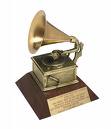
(my imaginary Grammy)


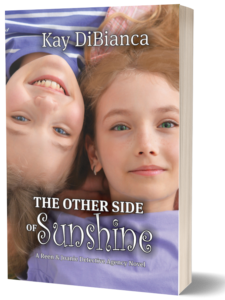 Coming Soon!
Coming Soon! 

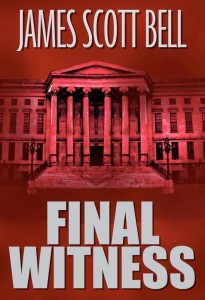

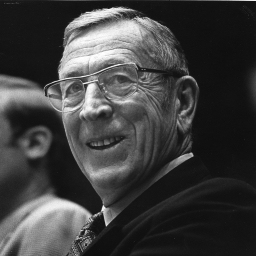

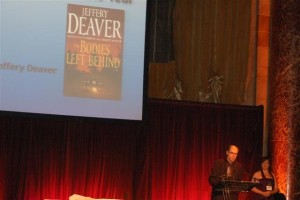
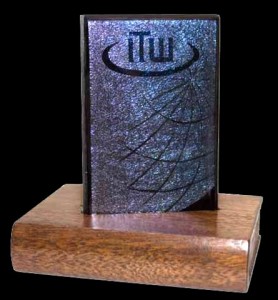
![Thrillerfest D3 '09 (Alan Jacobson) (194) [640x480] Thrillerfest D3 '09 (Alan Jacobson) (194) [640x480]](https://killzoneblog.com/wp-content/uploads/2009/08/ThrillerfestD309AlanJacobson194640x4-300x200.jpg)

